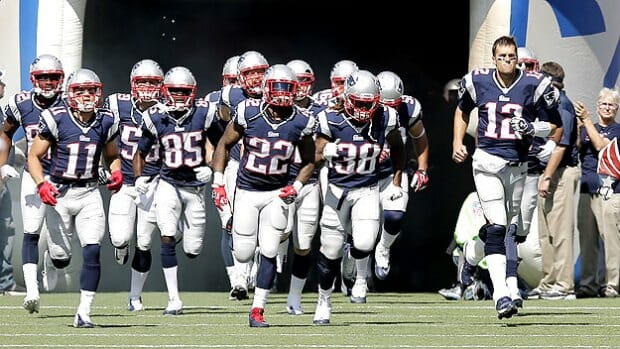It’s the preseason for NFL football, and a lot of people are wondering how the season ahead will go. I’m thinking back to 2013. For three straight weeks during the regular season, the New England Patriots won a close game at the last minute.
It’s great to be able to do that. Just like it’s great to be able to get today’s post up on Facebook, or tweet something brand new on Twitter, at the last minute. But you don’t want to HAVE to do it.
Game plan your posts and tweets in advance
You can schedule Facebook posts using the little clock icon in the bottom left corner of the status box. For Twitter, a tool like Hootsuite or Tweetdeck is a great way to call a series of plays–er, schedule a series of tweets–so they will just run by themselves.
By planning, you can make sure you won’t drop the ball and leave your fans wondering what you were thinking. Instead, you can save time on the clock and use it for communication with others on the field.
When you’re not posting your messages at the last minute, you can huddle up with people you want on your team: customers, donors, colleagues. Becoming known as a team player will help you win.
The Patriots fell short in the AFC Conference Championship because they had to play from behind. Learn from them. Get ahead of your game.

